It is with great fondness that I observe this feast of St. Benedict the abbot, and father of western monasticism. My Benedictine roots stem from my college days at Benedictine University in Lisle (then called Illinois Benedictine College), and I have a deep fondness for the monks of St. Procopius Abbey, who staffed the college, and in whose monastery I made my Priesthood retreat before I was ordained. Every now and then I go there for a few days of prayer. The motto Saint Benedict chose for his order was “Ora et Labora” – Prayer and Work — and for me it is a constant reminder of the balance we are called to have in life.
A wonderful source of inspiration to me while I was working in the corporate world, and still today, is reading from The Rule of St. Benedict, which is a great reflection on the balance we are called to in life. It was also one of the most groundbreaking works of spirituality and monastic rule at that time. It remains a spiritual classic today. Recently, I read a quote from the rule that spoke of something the abbot of a monastery should bear in mind. My reflection on it got me to thinking it was also extremely wise counsel for pastors of parishes, and even fathers – and mothers – of families. It’s from the second chapter of the rule and it goes like this:
Above all, the abbot should not bear greater solicitude for things that are passing, earthly, and perishable, thereby ignoring or paying little attention to the salvation of the souls entrusted to him. Instead, may he always note that he has undertaken the governance of souls, for which, moreover, an account will have to be rendered. And if perhaps he pleads as an excuse a lack of wealth, then he should remember what is written: ‘First seek the kingdom of God and his justice, and all these things will be added unto you’ (Mt 6:33), and again: ‘Nothing is lacking to those who fear him’ (Ps 34:10).
This is the same kind of instruction Jesus gave to his Apostles in the Gospel reading today. The Apostles were to preach the Gospel and proclaim the Kingdom, and do everything they could to bring many souls with them. They were not to take a money bag, or extra things, but instead to depend on God to take care of them as they cared for the souls of those they encountered. It’s good advice for all of us. Earthly things are always passing; things of the Spirit endure forever. Seek first the kingdom, proclaim the kingdom, witness to the Gospel, and, as Saint Benedict also wrote, “And may he bring us all together to life everlasting!” (RB 72)
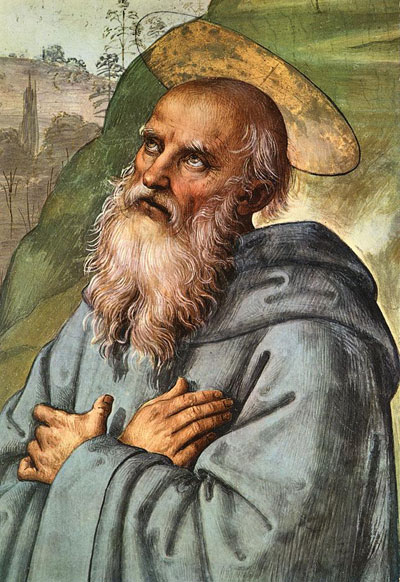

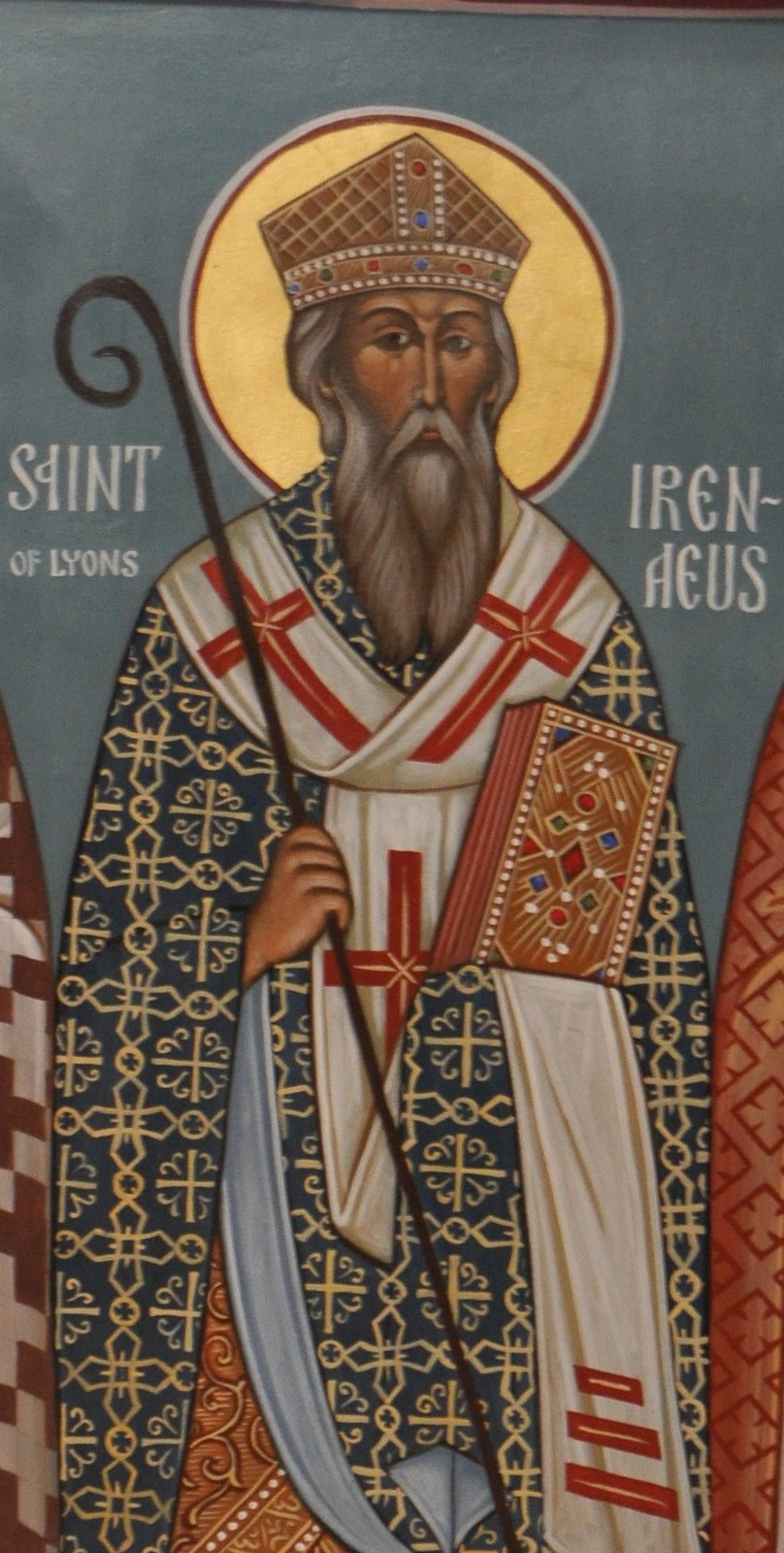
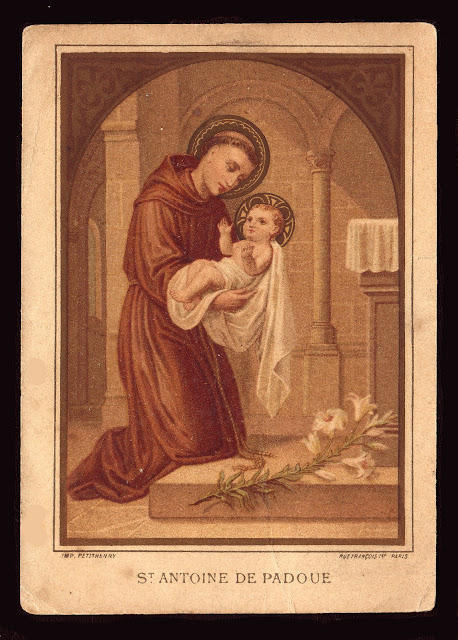
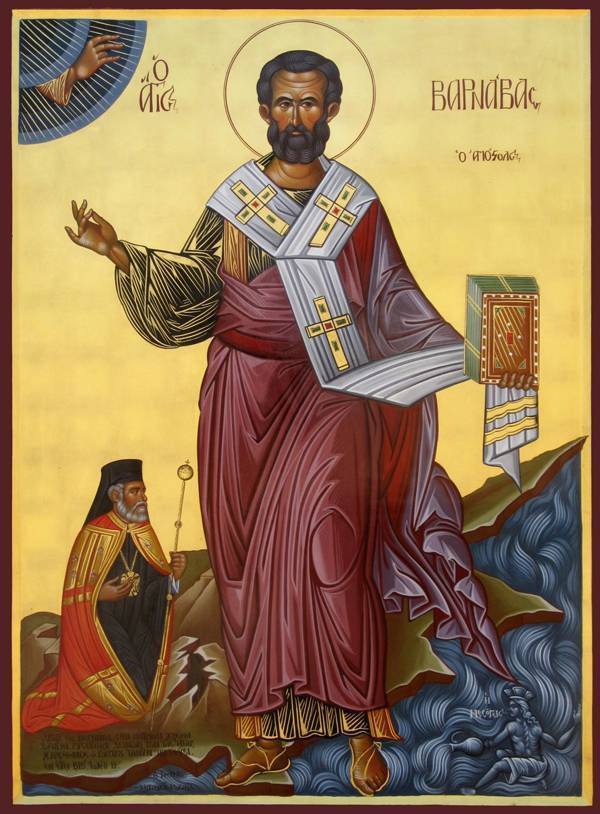
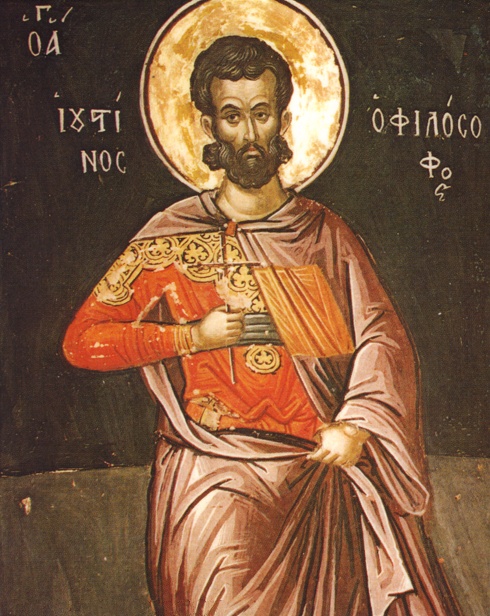
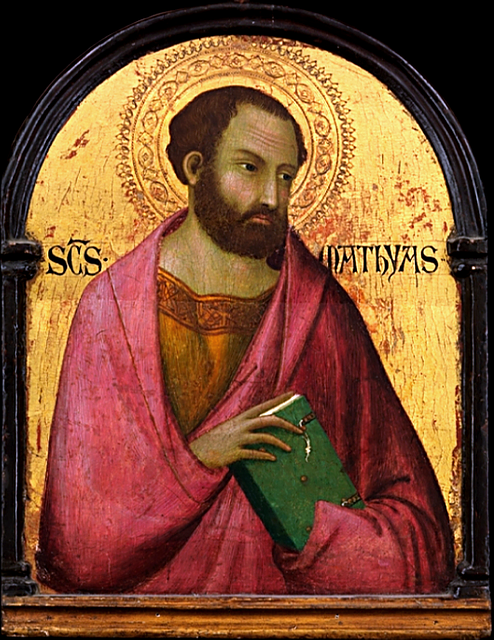
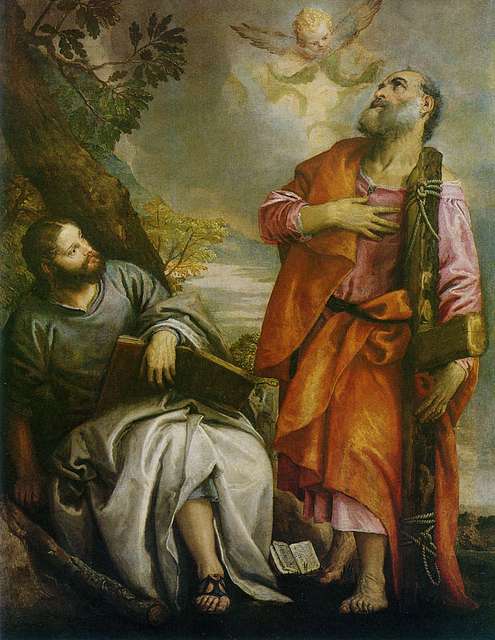
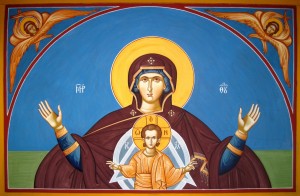
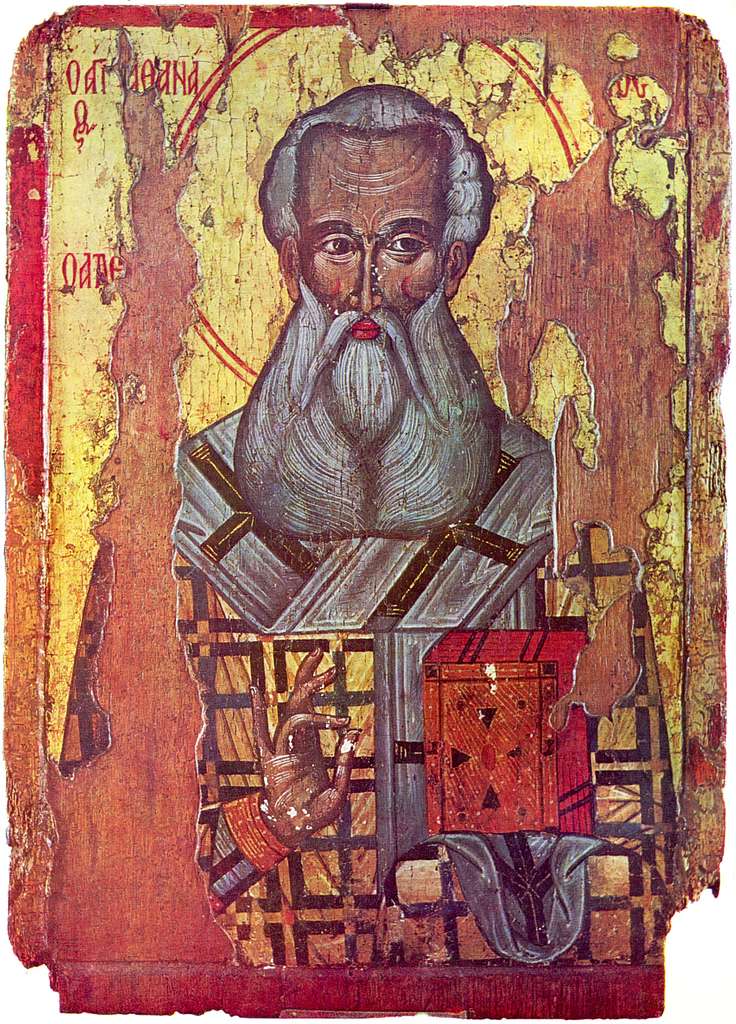
You must be logged in to post a comment.